The makers of many “organic” beauty products have been accused of confusing and meaningless labelling, according to a new survey in which 76% of consumers admitted they felt misled.
According to the Soil Association’s recent market report, sales of organic health and beauty products swelled by more than 20% in 2016, with the market now worth about £61.2m in the UK.
But the industry has put money into marketing products it claims are “green” rather than spending money on formulating environmentally friendly, toxin-free products that are not harmful to the skin, the Soil Association warns.
Unlike organic food, which must adhere to strict EU regulations, there are no legal standards for the use of the terms organic or natural on beauty products. In practice, any brand or beauty product can be labelled as natural or organic even if it contains virtually no organic or natural ingredients.
Faced with this lack of legislation, expert organisations have created a series of robust, independent, voluntary standards to encourage responsible use of the term “organic”. Cosmos and NaTrue are two well-known examples, with the NSF-ANSI standard from the US also appearing on some products on the UK high street.
“This is the tip of the iceberg,” said Soil Association policy director Peter Melchett. “The labels on products we encountered were littered with confusing terms. Our consumer research shows that it is very difficult for consumers to know they are making the right choice when doing their shopping.”
New research to support the Soil Association’s Campaign for Clarity – which aims to clean up greenwashing in the beauty industry – reveals that 72% of people say they would lose trust in a brand that made misleading claims about being organic.
The Soil Association published a league table on Monday revealing a cross-section of brands and beauty products on the market which make potentially misleading organic claims on the label. The brands include the word “organic” on some labels, even though the products are not certified as organic.
Emeritus professor Vyvyan Howard of the Centre for Molecular Bioscience at Ulster University, who assessed the ingredients, said: “I was shocked to find ingredients which could contain human carcinogens in products with labels which could misleadingly suggest that they might be organic. Genuine organic products are independently certified and I would encourage consumers to choose those.”
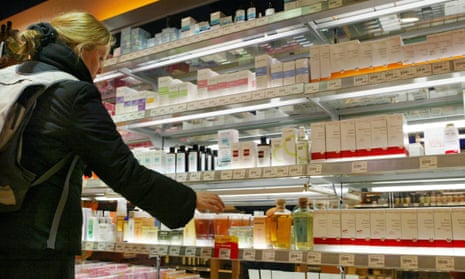


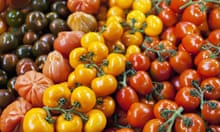

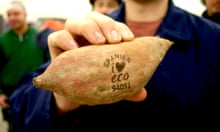
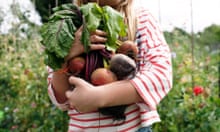
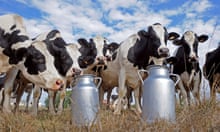

Comments (…)
Sign in or create your Guardian account to join the discussion